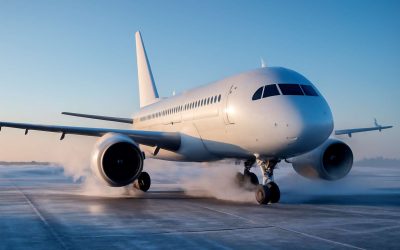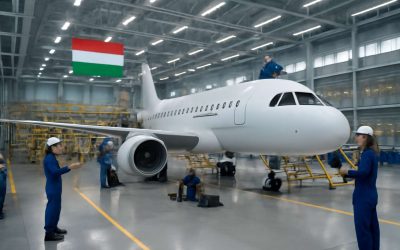Air flights are journeys that take place in the air. They are often a faster way to travel than journeys by road or rail. However, there are some disadvantages to air travel, including safety concerns and cost. Air transportation is expensive to operate, and aircraft require constant maintenance. It is also reliant on weather conditions and other factors that can affect passenger and cargo flow, such as political instability or health problems.
There are several airlines that offer air flights, including JetBlue Airways, Emirates, and Air New Zealand. Each airline offers different classes of service and amenities to passengers. Some airlines even offer business class and first class seats, which provide passengers with more comfort and privileges.
The lift that an aircraft generates is the result of the force of the air pushing down on it and the pressure above acting up against it. This is because the air has a lower density than the aircraft. This force is countered by the force of gravity pulling down on the aircraft and its weight. The wings of an airplane are designed to create this force, and the angle of deflection and shape of the wings help to determine how much lift is generated. The lift-to-drag ratio of practical aircraft varies from about 4:1 for vehicles and birds with relatively short wings to 60:1 or more for aircraft with very long wings, such as gliders.
Another important factor in flight is momentum. Most objects have a tendency to fall back to earth, but this can be countered by using thrust to change the direction of travel. This can be accomplished by a number of methods, such as reversing the pitch of variable-pitch propeller blades or ejecting hot gases from an engine.
One of the major disadvantages of air transport is its reliance on external factors, such as weather. Poor weather can cause planes to be grounded and delay both passenger and cargo travel. Air transport is also a more expensive mode of travel than other forms of transportation because the initial costs to build airports and purchase aircraft are high, and the service requires skilled personnel to operate and maintain the aircraft. Moreover, air transport is prone to accidents, which can result in serious injuries or deaths to passengers and crew members. Nevertheless, avoiding these accidents isn’t necessarily a matter of luck, as most people who survive air crashes say that being prepared and thinking ahead can help them avoid the worst outcomes. Air accidents are rare compared to those caused by other forms of transportation, but they do happen. Most of the time, they are the result of human error rather than mechanical failure or severe weather conditions. Still, the losses they cause are enormous, and people can be greatly inconvenienced by the loss of their loved ones or their belongings. In some cases, these accidents are so catastrophic that there are no survivors. To prevent these tragedies, the National Transportation Safety Board always interviews crash survivors to find out what they did to be as safe as possible and how they managed to escape the disaster.



0 Comments